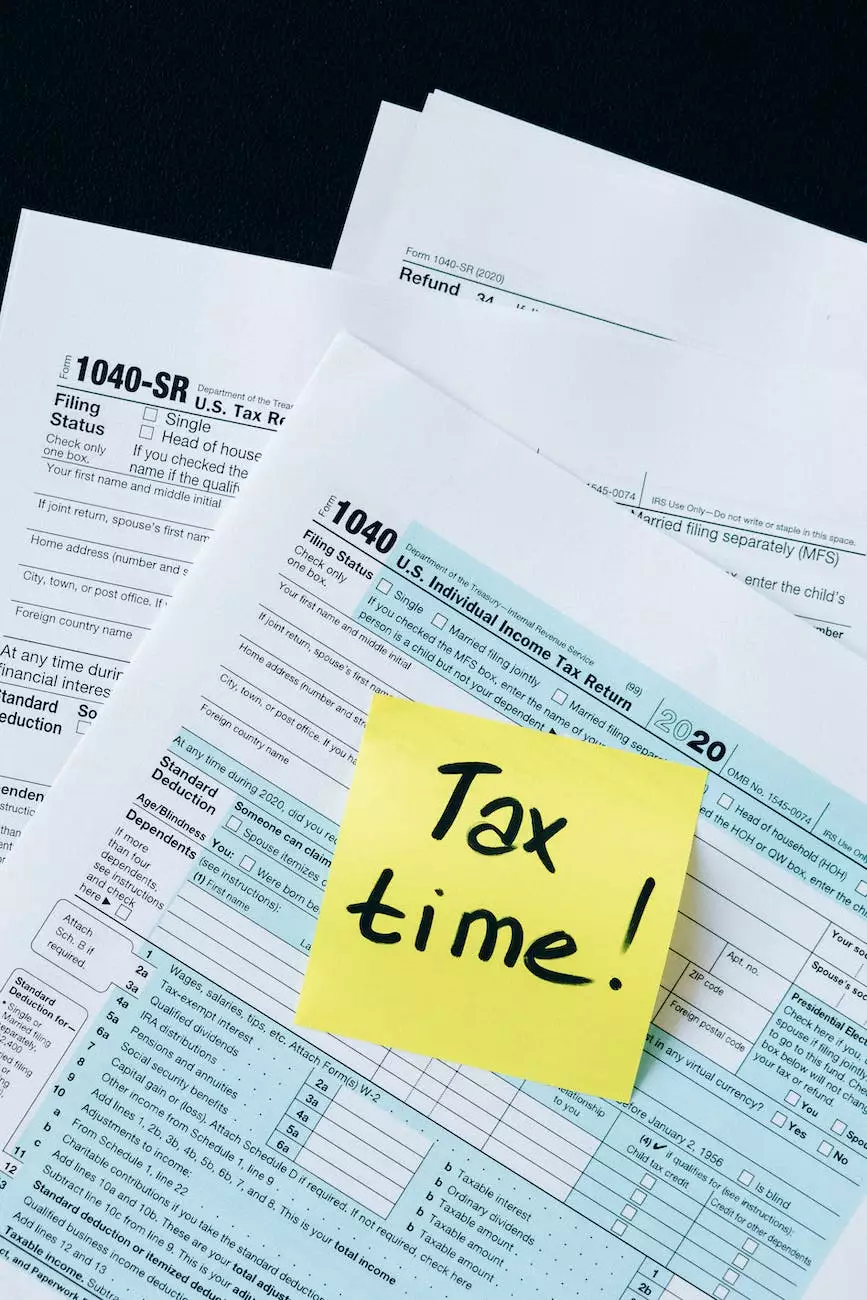A Government Shutdown Isn't Going to Save You from an IRS Audit

Introduction
At I Am Future Proof, we understand the concerns and anxieties surrounding IRS audits, especially during uncertain times such as a government shutdown. However, it is important to dispel the misconception that a government shutdown will protect you from an IRS audit. In this comprehensive guide, we will delve into the realities of IRS audits and equip you with the knowledge and strategies necessary to navigate them effectively.
Understanding IRS Audits
IRS audits are a common occurrence, independent of any governmental shutdown. The IRS conducts audits to ensure taxpayer compliance with tax laws and regulations. It is crucial to recognize that the IRS operates independently from the government and continues to carry out its duties even during shutdowns.
Types of IRS Audits
There are different types of IRS audits, each with its own scope and complexities. Understanding these types can help you better prepare for an audit:
- Correspondence Audit: This type of audit typically involves requests for additional documentation or clarification regarding specific items on your tax return. It is the least invasive form of IRS audit.
- Office Audit: In an office audit, you are required to visit an IRS office for a face-to-face meeting. The IRS examiner reviews your records and supporting documents to assess the accuracy of your tax return.
- Field Audit: A field audit is the most comprehensive and invasive type of IRS audit. An IRS agent conducts the audit at your home, place of business, or a designated location. The agent examines your financial records in detail to ensure compliance with tax laws.
Triggers for an IRS Audit
While IRS audits are performed based on several factors, certain red flags can increase the likelihood of being chosen for an audit:
- High Income: Individuals with higher incomes are more likely to be audited to ensure accurate reporting.
- Inconsistent or Underreported Income: Discrepancies between income reported to the IRS and the information available to them can trigger an audit.
- Business Expense Deductions: Claiming excessive or unsubstantiated business expenses may raise suspicions and trigger an audit.
- Unusual Deductions or Credits: Uncommon deductions or credits that deviate significantly from normal patterns may attract IRS attention.
The Truth about Government Shutdowns and IRS Audits
Contrary to popular belief, a government shutdown does not protect taxpayers from IRS audits. While certain IRS operations might be affected during shutdowns, audits continue as IRS agents are designated as "essential personnel" and are therefore still employed and working. The IRS has specific contingency plans in place to ensure the continuity of essential functions, including audits.
Impact of Government Shutdowns on Audits
During a government shutdown, some IRS operations, such as customer service and taxpayer assistance, may experience delays or reduced staffing. However, the core functions, including audits, retain their priority. This means that if you are selected for an audit, the process will proceed as usual, and you will be required to fulfill all necessary obligations and provide requested documentation.
Preparing for an IRS Audit
Being prepared for an IRS audit is essential to minimize stress and ensure a smooth and successful process. Here are some important steps to take:
- Gather Documentation: Collect all relevant documentation, such as receipts, bank statements, and invoices, to support the information reported on your tax return.
- Review Your Tax Return: Thoroughly review your tax return and familiarize yourself with the details. Identify any potential areas of concern or discrepancies.
- Seek Professional Assistance: Engaging the services of a tax professional who specializes in IRS audits can provide valuable guidance and representation.
- Respond Promptly and Accurately: Cooperate fully with the IRS and respond promptly to requests for information or documentation. Ensure all provided information is accurate and complete.
Conclusion
While a government shutdown can create an atmosphere of uncertainty, it is crucial to understand that it does not shield taxpayers from IRS audits. At I Am Future Proof, we are committed to providing comprehensive resources and expert guidance to help you navigate the complexities of IRS audits effectively. By staying informed, being prepared, and seeking professional assistance when needed, you can approach an IRS audit with confidence and ensure compliance with tax laws.










